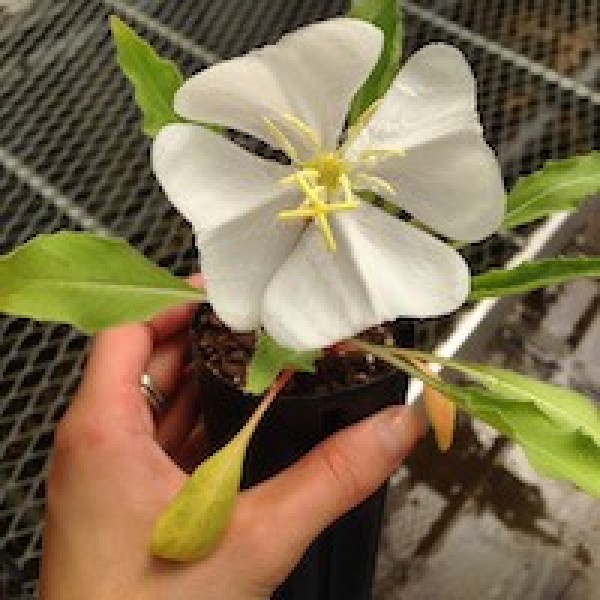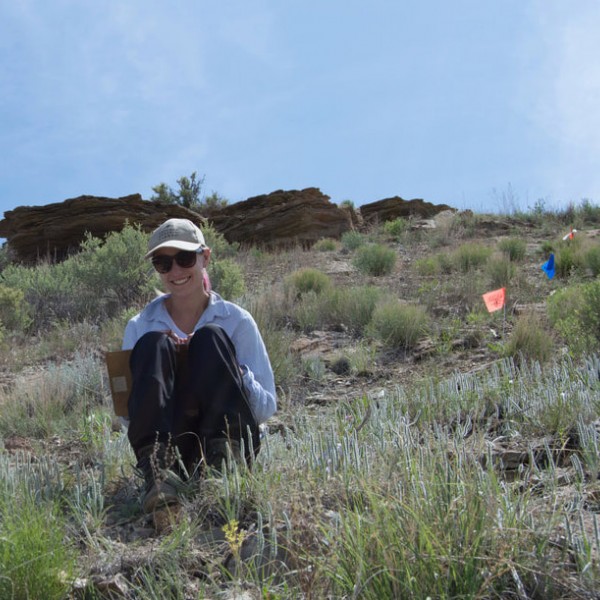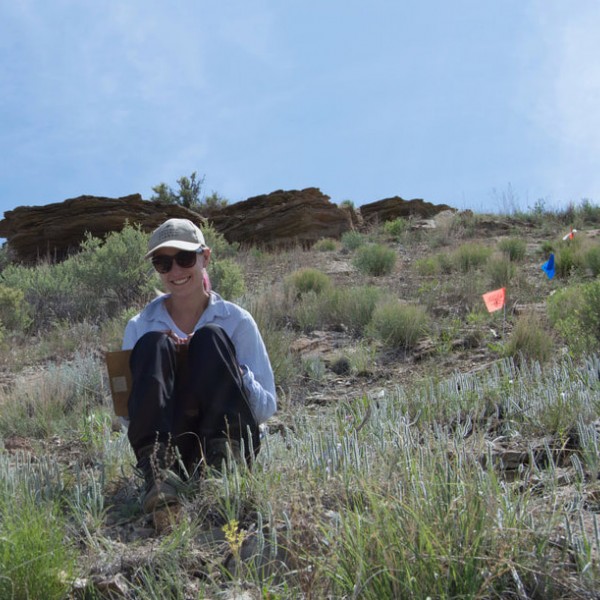
Assessing the impact of drought on plant-pollinator and plant herbivore interactions 2018
Chicago Botanic Garden
Ecology
Many consequences associated with global climate change directly affect Earth’s ecosystems, including changing precipitation patterns associated with increased drought frequency and intensity in arid regions. Water availability has a strong influence on the distribution of plant species globally and can impact the allocation of resources within individual plants. In times of limited water availability, plants make trade-offs suited for resource acquisition. Many of these trade-offs are made in plant growth, flower production, and development. Changes in floral traits associated with decreased water availability could negatively impact plant relationships with pollinators and herbivores, ultimately impacting plant fitness. The goal of this study is to assess the effects of water availability on floral traits of Oenothera harringtonii and subsequent impacts on pollination and herbivory. I am looking for one REU applicant interested in working along side me in plant / flower data collection, as well as pollinator / herbivory trials, while designing a related project of their own.
Note: We will spend time working both in the labs and greenhouses at the Chicago Botanic Garden. While we will not be doing traditional "fieldwork", applicants should be comfortable with pollen and insects (moths, Hyles lineata).


